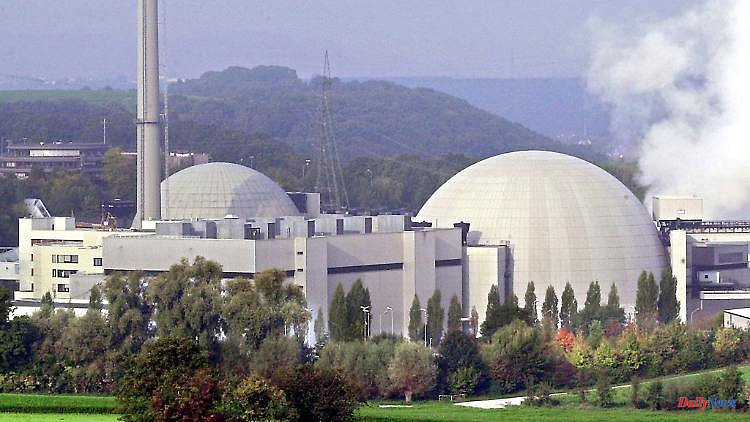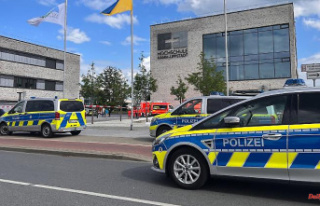Should Germany extend the lifespans of the three remaining nuclear power plants? The Union continues to heat up the debate and welcomes a statement by Finance Minister Lindner. However, continued operation would not be so easy.
The CSU environmental politician Anja Weisgerber has called for a "coordinated and comprehensible decision" by the traffic light coalition on the further use of nuclear energy. At the same time, the environmental policy spokeswoman for the CDU/CSU parliamentary group spoke out in favor of the temporary continued operation of the last three nuclear power plants that are still connected to the grid in view of the high energy prices.
"With a simultaneous massive expansion of renewables, the last three nuclear power plants can safely get us through the coming winter as a bridge for a limited time," said Weisgerber in Berlin. "That's good for climate protection, and the fundamental phase-out of nuclear energy will not be shaken." The CSU politician welcomed the fact that the FDP chairman, Christian Lindner, recently called for a return to nuclear power to be openly discussed in the energy debate.
"Finally, Mr. Lindner is making a U-turn and entering into the debate opened by the Union about a secure and affordable power supply for the next few years," said Weisgerber. However, once again it becomes clear how divided the traffic light is. "The Minister of Finance is thus questioning the review of a term extension presented in March by his Green cabinet colleagues Robert Habeck and Steffi Lemke."
However, Lindner had not demanded that the running times of the three remaining nuclear power plants be extended. All he had asked for was an open debate. In recent years, Lindner has repeatedly spoken out against the continuation of nuclear energy in Germany. He justified this, among other things, with the high costs for which the state had to be liable. That would also not be possible without further ado. Among other things, operators point out that there is not enough fuel for this. Most of the uranium required has so far been imported from Russia. In addition, the staff is now missing because the industry has been preparing for the exit for years.
Only the Isar 2, Emsland and Neckarwestheim 2 nuclear power plants are still connected to the grid in Germany. They are also to be shut down by the end of the year. The Ministry of Economy and the Ministry of the Environment have already rejected an extension of the terms because of the new situation after the Russian invasion of Ukraine. Instead, the energy transition towards renewable power sources should be promoted. Chancellor Olaf Scholz has also spoken out against the continued operation of nuclear power plants.












